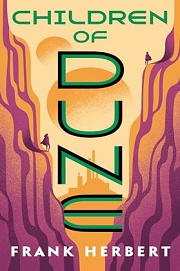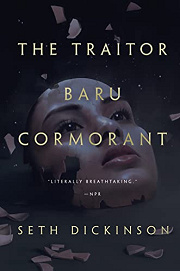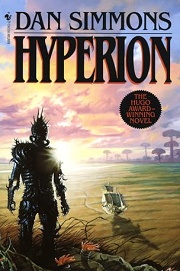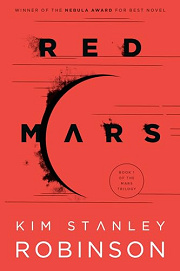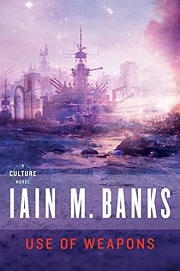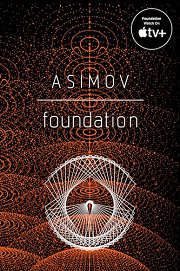Share your thoughts in a quick Shelf Talk!
Children Of Dune by Frank Herbert
"On a desert world reshaped by prophecy and power, rival visions for the future ignite a dangerous struggle among the next generation of Atreides. Sand, spice, and statecraft collide as the fate of Arrakis hangs in the balance. Children Of Dune delivers sweeping politics, mysticism, and high-stakes family drama you won’t soon forget."
Have you read this book? Share what you liked (or didn’t), and we’ll use your answers to recommend your next favorite read!
Love Children Of Dune but not sure what to read next?
These picks are popular with readers who enjoyed this book. Complete a quick Shelf Talk to get recommendations made just for you! Warning: possible spoilers for Children Of Dune below.
In Children Of Dune, did you enjoy ...
... knife-edge political maneuvering among rival factions and dynastic houses?
The Traitor Baru Cormorant by Seth Dickinson
If the conspiracies around Alia’s regency, Jessica’s return to test loyalties, and the Atreides–Corrino–Bene Gesserit chess match hooked you in Children of Dune, you’ll love the razor-edged statecraft in The Traitor Baru Cormorant. Baru infiltrates an imperial bureaucracy the way Jessica slips through priestly ranks, turning audits and treaties into weapons. The way Farad’n is reshaped into a political instrument will echo in how Baru molds herself—and others—into tools for a long game that’s as brilliant as it is brutal.
... messianic prophecy, priesthood power, and the collision of faith and state?
Hyperion by Dan Simmons
If the Qizarate’s rise under Alia and the tension between Leto II’s prophecy and institutional religion fascinated you in Children of Dune, Hyperion dives into faith’s sharpest edges. Father Paul Duré’s encounter with the cruciform and the Shrike cult mirrors how doctrine can both sanctify and consume. As Leto II embraces a terrifying destiny, the pilgrims in Hyperion grapple with sacred narratives that demand sacrifice, pitting personal conviction against political necessity.
... hard choices of planetary ecology and terraforming that reshape a culture?
Red Mars by Kim Stanley Robinson
If Leto II’s realization that saving Arrakis’s sandworms means restraining the planet’s greening—and that ecology is destiny—gripped you in Children of Dune, Red Mars is a masterclass in planetary stewardship. The arguments between “Reds” and “Greens” over Mars’s future mirror the Fremen rifts over water and the desert. You’ll recognize the same wrenching trade-offs Jessica and Stilgar face when scientific vision, culture, and environment collide on a planetary scale.
... leaders who make ethically fraught choices for a grand design?
Use Of Weapons by Iain Banks
If Leto II’s willingness to become something inhuman for the Golden Path—and Alia’s compromises under possession—left you haunted in Children of Dune, Use of Weapons offers another unforgettable study in necessary evils. Cheradenine Zakalwe, like Duncan Idaho caught between loyalties, is a weapon wielded by masters of manipulation. The revelations about his past hit with the same moral whiplash as learning what Leto becomes to shepherd humanity.
... century-spanning master plans steering civilization’s fate?
Foundation by Isaac Asimov
If Leto II’s prescient Golden Path—the idea of steering humanity across ages—was your favorite part of Children of Dune, Foundation is the blueprint for such grand designs. Hari Seldon’s psychohistory echoes Leto’s long view, with crises unfolding like the conspiracies around Ghanima and Farad’n’s political betrothal. Watching a civilization nudged from the shadows will scratch the same itch as seeing Leto orchestrate outcomes from behind the mask of inevitability.
Unlock your personalized book recommendations! Just take a quick Shelf Talk for Children Of Dune by Frank Herbert. It’s only a few questions and takes less than a minute.
